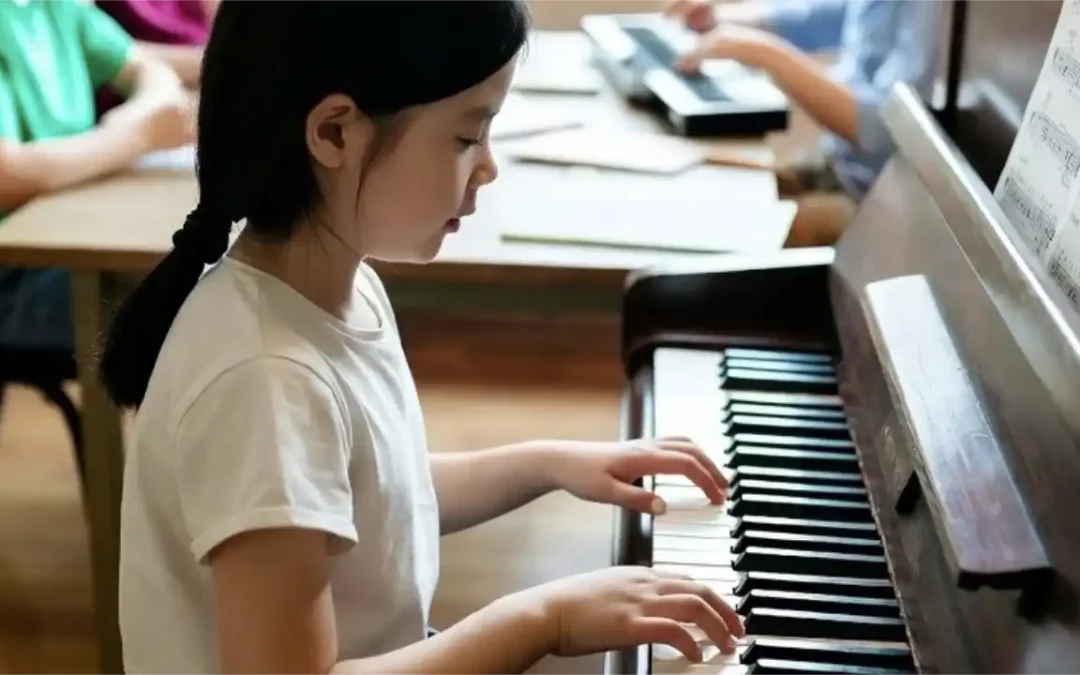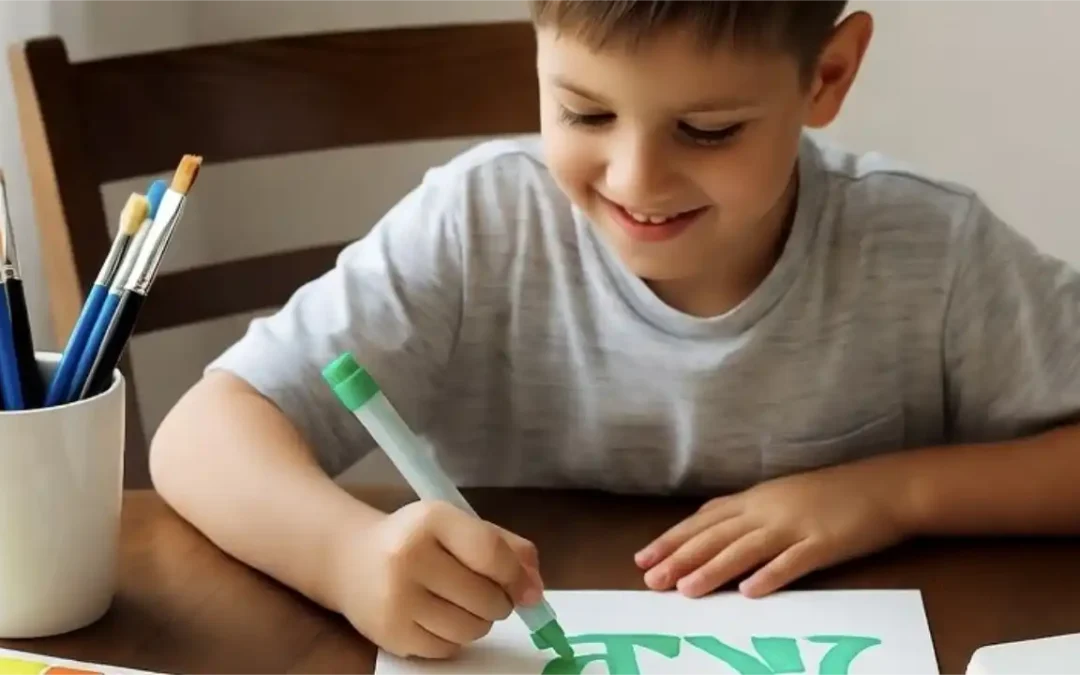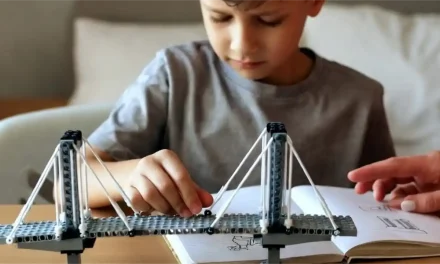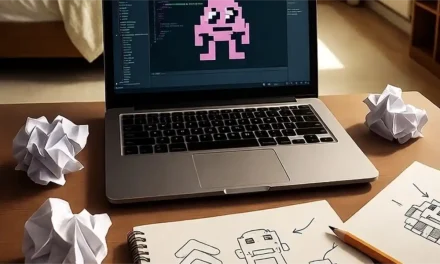
Providing Resources and Opportunities: Provide Science Kits and Contests
O
ne afternoon, my son poured vinegar into baking soda and watched it fizz, eyes wide with amazement. “Why does it do that?” I asked. “It’s like magic,” he said. That moment led us to a simple chemistry kit, and suddenly he was testing mixtures, jotting notes, and asking more questions. These kits didn’t just entertain—they gave him the tools to explore cause and effect, build hypotheses, and make sense of what he saw. With each bubbling experiment or sputtering reaction, his curiosity deepened.
Soon, he was entering science contests—first with a vinegar volcano, then a model rocket that took off from our driveway. He practiced explaining his project until he could walk his classmates through every detail. He didn’t always win, but he always grew. Each contest sharpened his focus and gave him pride in presenting something he built. The mix of hands-on work and public sharing turned abstract interest into applied skill. He was learning not just science, but how to think clearly, persist, and speak with confidence.
If your child lights up at a reaction or design challenge, nurture that spark. Try a monthly kit—robotics, physics, biology—and ask, “What do you think will happen?” Support entries in school fairs or neighborhood contests. Keep a project journal or photo log, so they can track their thinking and see progress over time. With the right tools and a bit of structure, kids move from dabblers to doers, gaining not just knowledge, but the confidence to show what they’ve discovered.
Providing Resources and Opportunities

Providing Resources and Opportunities: Enroll in Classes or Workshops
Workshops expose children to new skills, mentors, and hands-on experiences. Discover how structured exploration builds confidence and curiosity.

Providing Resources and Opportunities: Invest in Quality Materials
The right tools make learning inspiring. Learn how thoughtful materials can encourage creativity, exploration, and long-term curiosity.
Table of contents

Primordial Soup for the Mind: Navigation
Navigate the book Primordial Soup for the Mind.
TIPS
- Give kits like chemistry, electronics, or robot builders.
- Praise their experiments to show you value their work.
- Enter local contests to keep them motivated.
- Ask “Why does this happen?” to start ideas.
ACTIVITIES
- Science Test: Use a kit, ask, “Why does this happen?” Try for 15 minutes.
- Contest Prep: Plan for a contest, talk about their project, 20 minutes.
EXAMPLE
My daughter built a solar car, saying, “It moves!” Her tests started a science hobby.

Download “Primordial Soup for the Mind: A Parent’s Guide to Nurturing Intellectual Growth”
Enter your information to get this article and hundreds more as part of the FREE book Primordial Soup for the Mind.
Share your thoughts with the Thought Academy community in the Comments section below.

Sharpen those skills!
Enter your information to get our FREE practice exercises so you can hone your critical thinking and reasoning skills!







0 Comments